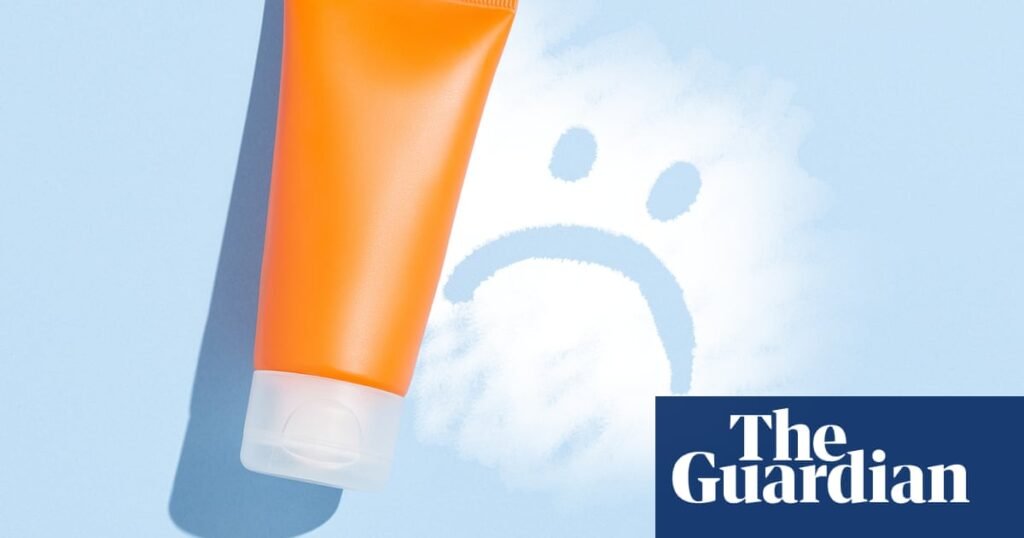Can You Trust Your Sunscreen? A Deep Dive into SPF Reliability in Australia
Australia has one of the highest skin cancer rates globally, prompting citizens to ask: Can I trust my sunscreen to protect me? A recent report by Choice has stirred unease, revealing alarming discrepancies in the efficacy of popular sunscreens.
Disturbing Findings from Choice
In June, Choice published findings that tested 20 widely used sunscreens labeled SPF 50 or higher. Surprisingly, 16 of these products did not meet their stated sun protection claims.
- Notable Failures:
- Cancer Council’s Ultra Sunscreen SPF 50+ was recorded at an SPF of only 24.
- The Ultra Violette Lean Screen SPF 50+ performed dismally with an SPF of just 4, raising serious concerns.
These revelations have ignited debates about the accuracy of sunscreen testing and the regulatory processes that govern these essential products.
Why Are These Results So Significant?
Australians have a strong culture of sun safety established from a young age. Thus, the findings from Choice have sent shockwaves:
- Cultural Importance: Sun protection is ingrained in daily life.
- Public Confidence: Devaluation of SPF ratings undermines trust in sun safety.
The investigation was conducted in a specialized, accredited laboratory, emphasizing the credibility of the findings.
Brand Reactions to the Testing
The Choice findings have met with significant backlash from sunscreen brands.
- Response from Brands:
- Many companies disputed the results, asserting their compliance with regulations.
- Notably, the Cancer Council has agreed to retest four of its products examined by Choice, furthering scrutiny.
Ultra Violette, the brand that received the lowest SPF rating, has taken to social media to contest these findings. Co-founder Ava Chandler-Matthews actively challenged Choice’s methodology through a video posted on Instagram.
Understanding SPF: What Is It?
Sun Protection Factor (SPF) measures how well sunscreen protects against sunburn caused by UVB rays.
- SPF Ratings Explained:
- SPF 30 filters about 96.7% of UVB radiation.
- SPF 50 filters about 98%.
Dr. DJ Kim, a senior lecturer at UNSW, notes that while the difference seems critical, the actual protection difference between SPF 30 and SPF 50 is marginal.
Insights into Sunscreen Testing
In Australia, sunscreen claims are regulated by the Therapeutic Goods Administration (TGA).
- Testing Methodology:
- Sunscreen products are tested on human skin in accredited laboratories, exposing volunteers to artificial UV radiation.
- Brands submit their results for approval to self-certify compliance with SPF claims.
However, there are growing concerns about the reliability of this "honor system" due to the inherent variability in human response.
Calls for Regulatory Changes
Many experts believe that the current sunscreen testing framework could benefit from updates.
- Dr. Michelle Wong, a cosmetic chemist, suggests:
- Implementing in-vitro testing to minimize human error and variability.
- Having a select number of designated laboratories for consistency in testing results.
Current Issues in Sunscreen Regulations
Following the Choice report, additional concerns have emerged regarding the chemical compositions of sunscreens.
- TGA’s Recent Review:
- The TGA is consulting on safety protocols concerning ingredients like oxybenzone and homosalate, which have sparked safety concerns.
Links to review TGA’s findings can be found here.
- Legal Actions:
- The Australian Competition and Consumer Commission (ACCC) is pursuing legal action against brands for misleading claims surrounding "reef-friendly" products.
Conclusion: Trust and Safety in Sunscreen
As controversies continue to unfold regarding sunscreen effectiveness and safety, consumers must remain informed. It’s crucial to choose products that have verified SPF claims and stay updated on the latest scientific findings.
For comprehensive information on sunscreen efficacy, check out the detailed reports from Choice and Cancer Council.
By understanding SPF and questioning claims, Australians can better navigate their sun protection needs.


